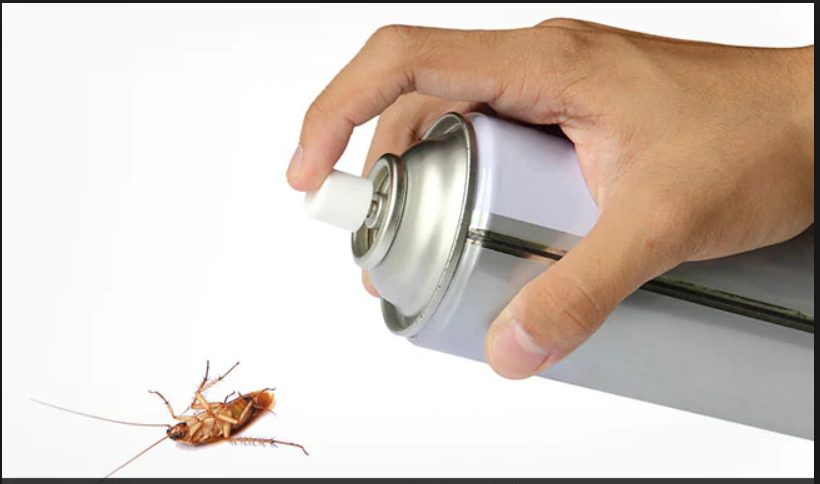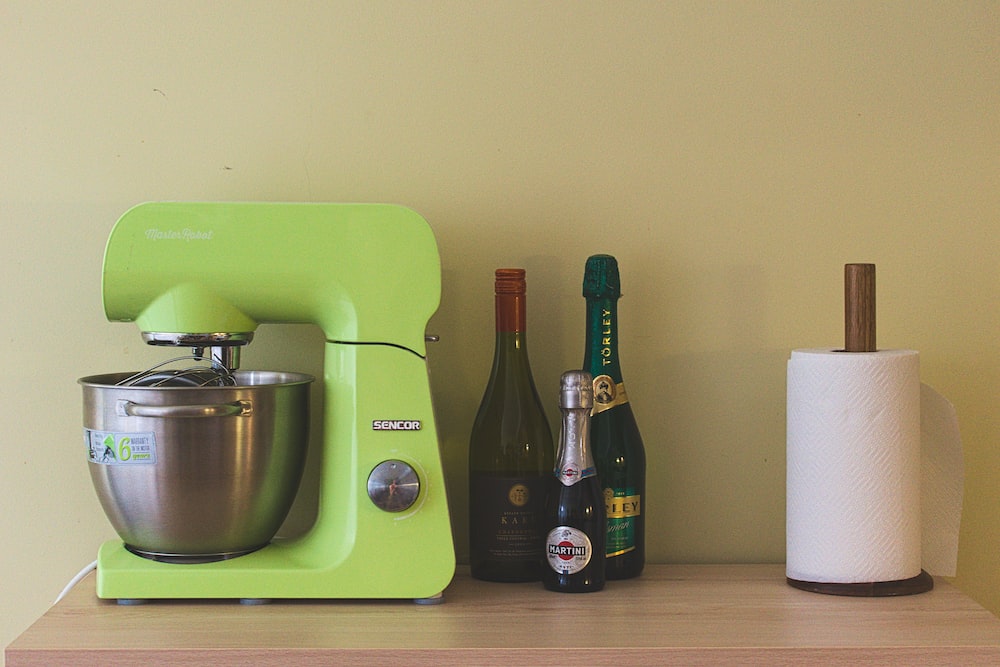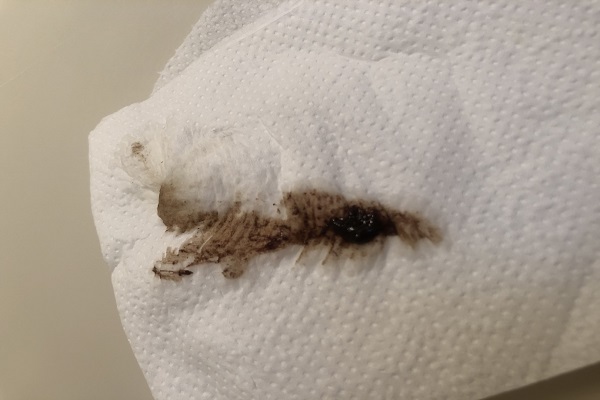Food Addiction Rehab
Food addiction rehab is the type of treatment you might need if you have a difficult time controlling your cravings for certain foods, have repeatedly failed to manage your eating habits, and are struggling with obesity and unhealthy weight gain as a result.
The condition is widely recognized as a clinical syndrome that involves an obsessive drive to consume certain types of foods, primarily sweets and other carbohydrate-rich sources. This article explores what food addiction really is, how it differs from other eating disorders such as binge eating, and why some people struggle so much with managing their appetite.
What is Food Addiction Rehab?
Food addiction rehab is a type of treatment designed to help people break their compulsive eating habits. Food addiction is a serious condition in which people experience a powerful drive to consume certain types of food, particularly sugar- and carbohydrate-rich products, to an excessive and possibly dangerous degree.
The condition is widely recognized as a clinical syndrome that involves an obsessive drive to consume certain types of foods, primarily sweets and other carbohydrate-rich sources. People with food addiction often struggle to control their appetite, and frequently find themselves consuming large quantities of unhealthy foods.
If you are struggling with food addiction, you might benefit from a specialized program designed to treat food cravings and help you break your compulsive eating habits.
The Science Behind Food Addiction
Foods high in saturated fats and refined carbohydrates, such as ice cream, donuts, and potato chips, can trigger the release of a brain chemical called dopamine, which is associated with feelings of pleasure and reward. Over time, excessive dopamine release can cause dopamine receptors to become less responsive to this effect, leading to a state of dopamine depletion and the formation of food cravings.
For people who are vulnerable to food addiction, this process can result in an obsessive drive to consume certain types of food, particularly carbohydrates high in sugar. The formation of food cravings can also cause people to experience severe and painful withdrawal symptoms, including restlessness, irritability, anxiety, and difficulty concentrating, when trying to abstain from their addictive substance. The Science Behind Food Addiction
How Food Addiction Rehab Works
Food addiction rehab is similar to other eating disorder treatments, such as binge eating therapy, in that it seeks to help individuals manage their eating habits and related behaviors. The primary goal of food addiction treatment is to help people break their compulsive eating habits, in order to reduce the frequency of cravings and the amount of food they consume.
Food addiction rehabilitation programs usually comprise a combination of individual therapy sessions and group therapy sessions, along with nutritional counseling and other types of support to help people develop new eating habits. Individual therapy sessions often focus on identifying the underlying causes of addictive behaviors and helping people develop new tools for managing their cravings.
Group therapy sessions, on the other hand, typically involve sharing experiences with other individuals who are struggling with food addiction and discussing ways to support one another in the process of breaking addictive eating habits.
Binge Eating vs. Food Addiction
Due to their similar symptoms, food addiction and binge eating are often confused with one another. At first glance, the two conditions appear to be remarkably similar: Both involve the excessive consumption of certain types of food, and both are associated with feelings of shame and guilt.
However, despite these surface-level similarities, there are significant differences between the two conditions. Binge eating is a common eating disorder that affects approximately 6% of the U. Individuals with binge eating disorder are likely to experience feelings of guilt and shame after periods of binge eating, but they do not experience the same level of compulsive eating that is characteristic of food addiction.
Binge eating is a mental illness that can be treated with therapy and medication, whereas food addiction is primarily a physical condition that can be treated with medication.
Why You Might Need Food Addiction Rehab
The exact causes of food addiction are not fully understood, but it appears to be an inherited condition that is associated with a hypersensitive dopamine reward system in the brain. It is not yet possible to prevent food addiction, but it is possible to treat it effectively with the assistance of specialized treatment programs.
Anyone who experiences compulsive eating and fails to manage their cravings with conventional methods should consult a medical professional and discuss the possibility of medication-assisted treatment for food addiction. Food addiction is a serious condition that can cause significant damage to your physical health if left untreated.
Individuals with food addiction are at an increased risk of obesity and unhealthy weight gain due to the excessive consumption of sweet and carbohydrate-rich foods. People with food addiction are also more likely to suffer from conditions such as type 2 diabetes, heart disease, high blood pressure, and stroke.
Should You Go to Rehab?
Food addiction rehab is a highly specialized and intensive type of treatment designed to help people with serious eating disorders. If you are struggling with food addiction, you might benefit from specialized treatment that provides nutritional counseling, medication-assisted therapy, and other resources designed to help you break your compulsive eating habits.
Although it is not possible to “cure” food addiction, it is possible to manage the condition with the assistance of the right type of treatment. Food addiction rehab programs are often highly intensive and can last anywhere from a few months to a year or more depending on the individual.
If you are struggling with food addiction and feel that you need extra help in order to break your compulsive eating habits, a specialized treatment program might be right for you.
Conclusions
A food addiction is often confused with other eating disorders, such as binge eating, but it has significant differences. Food addiction rehab is a specialized type of treatment designed to help people with serious eating disorders. If you are struggling with food addiction, you might benefit from specialized treatment that provides nutritional counseling, medication-assisted therapy, and other resources designed to help you break your compulsive eating habits.









